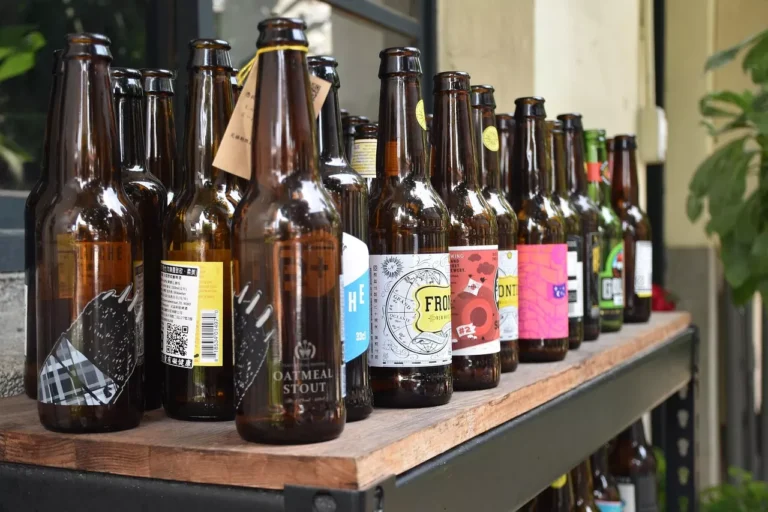
Therm, an award-winning leader in food supply chain decarbonization, has unveiled a pioneering carbon credit project aimed at reducing food waste directly at grocery stores. This innovative initiative, listed on Verra’s VCS Registry, will redirect edible food from over 1,300 grocery retail locations and 18 food distribution centers across seven U.S. states from landfills to donation centers. This effort addresses both the urgent climate crisis and food access challenges in the U.S.
The project is expected to generate over 112,000 metric tons of carbon dioxide equivalent (mTCO2e) in carbon credits annually, derived from the reduction in landfill emissions. These credits provide an incentive for grocers to increase their donations of edible food, presenting a practical solution to a significant environmental and humanitarian issue.
“Decarbonizing the food supply chain by addressing food waste at its source—grocery stores—is a significant opportunity for both people and the planet,” said Fritz Troller, CEO and co-founder of Therm. “Food waste is a complex challenge, and until now, grocers haven’t had a climate-friendly, cost-effective solution. Through carbon credits, Therm enables grocers to adopt sustainable practices that benefit their operations, the environment, and the American public.”
Food waste is a pressing issue in the United States, where 38% of the food supply was wasted in 2022, while 44.2 million Americans faced hunger. When food is discarded in landfills, it generates methane, a potent greenhouse gas, and wastes the considerable resources invested in the food supply chain, such as electricity and water. As global resources become scarcer, preventing food waste is essential.
Grocery retailers face significant challenges in reducing food loss due to high costs for innovative solutions and fragmented supply chains. Transportation constraints, entrenched processes, and logistical issues often make it cheaper and easier to discard food than to implement sustainable practices. Carbon credits provide crucial incentives for food donations, bridging a major gap in the grocery industry and benefiting local communities.
Therm believes that grocers of all sizes have a role in addressing the climate crisis. From small, local stores to large national chains, grocers across the U.S. can earn carbon credits through various food waste reduction activities and climate-friendly refrigerant solutions.
These credits help level the playing field for grocers nationwide, setting a new industry standard where climate- and community-conscious actions become smart business practices. Contact Therm today to find out how to participate.




